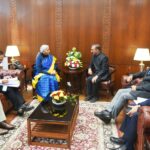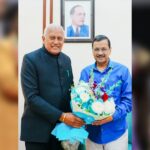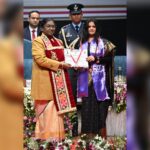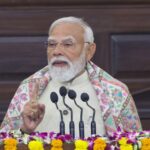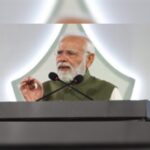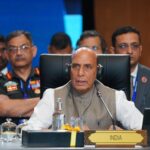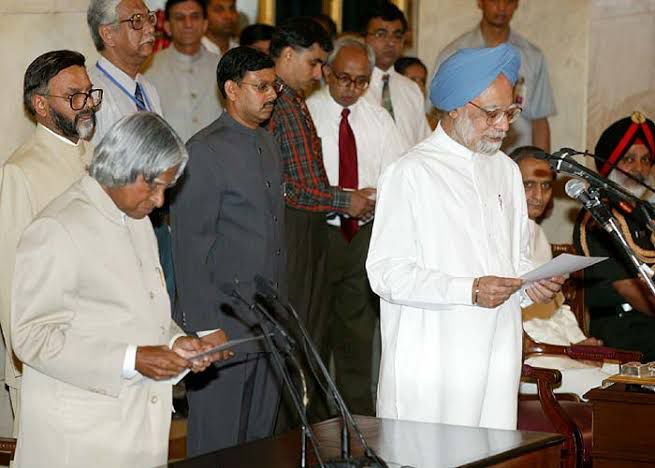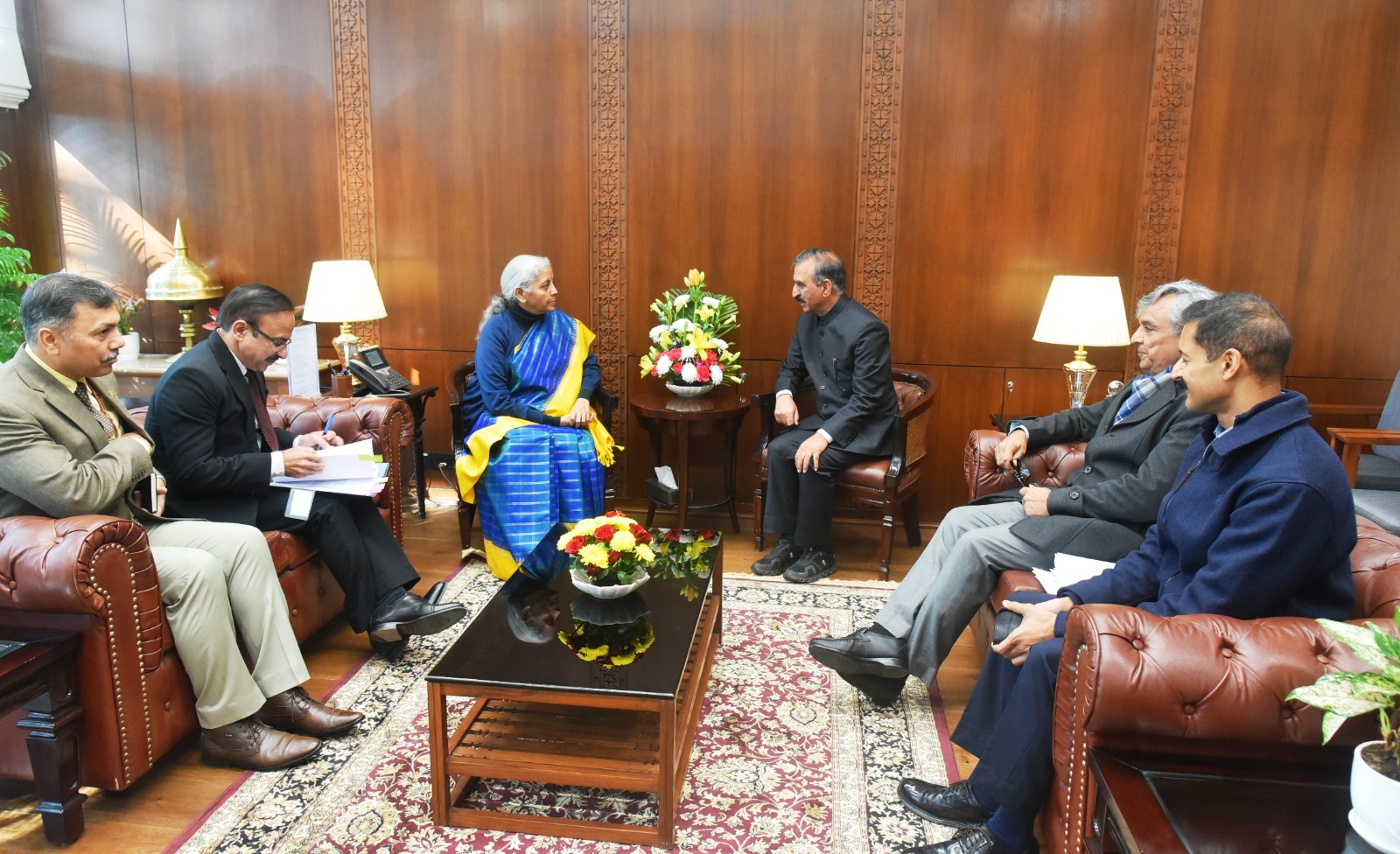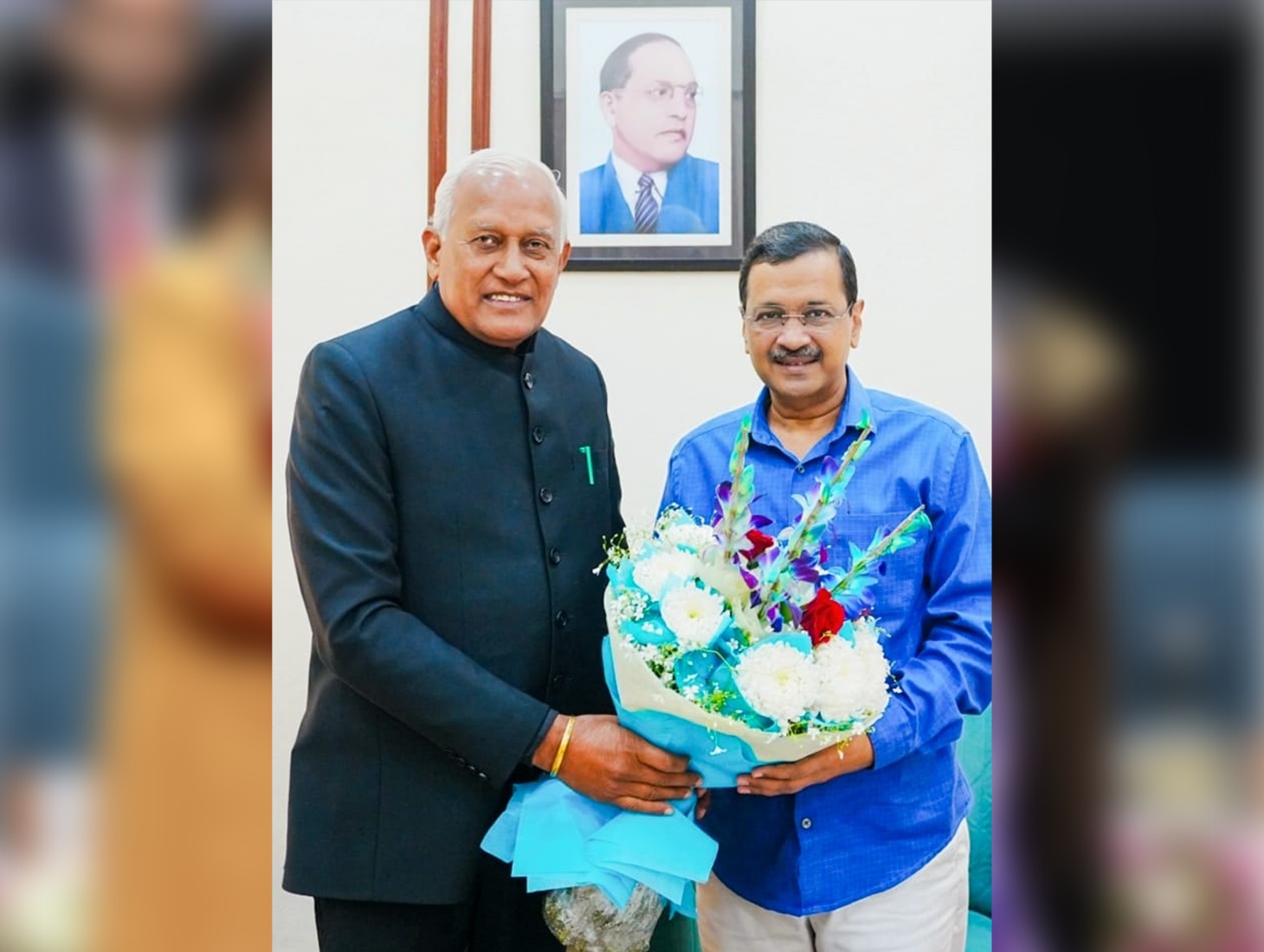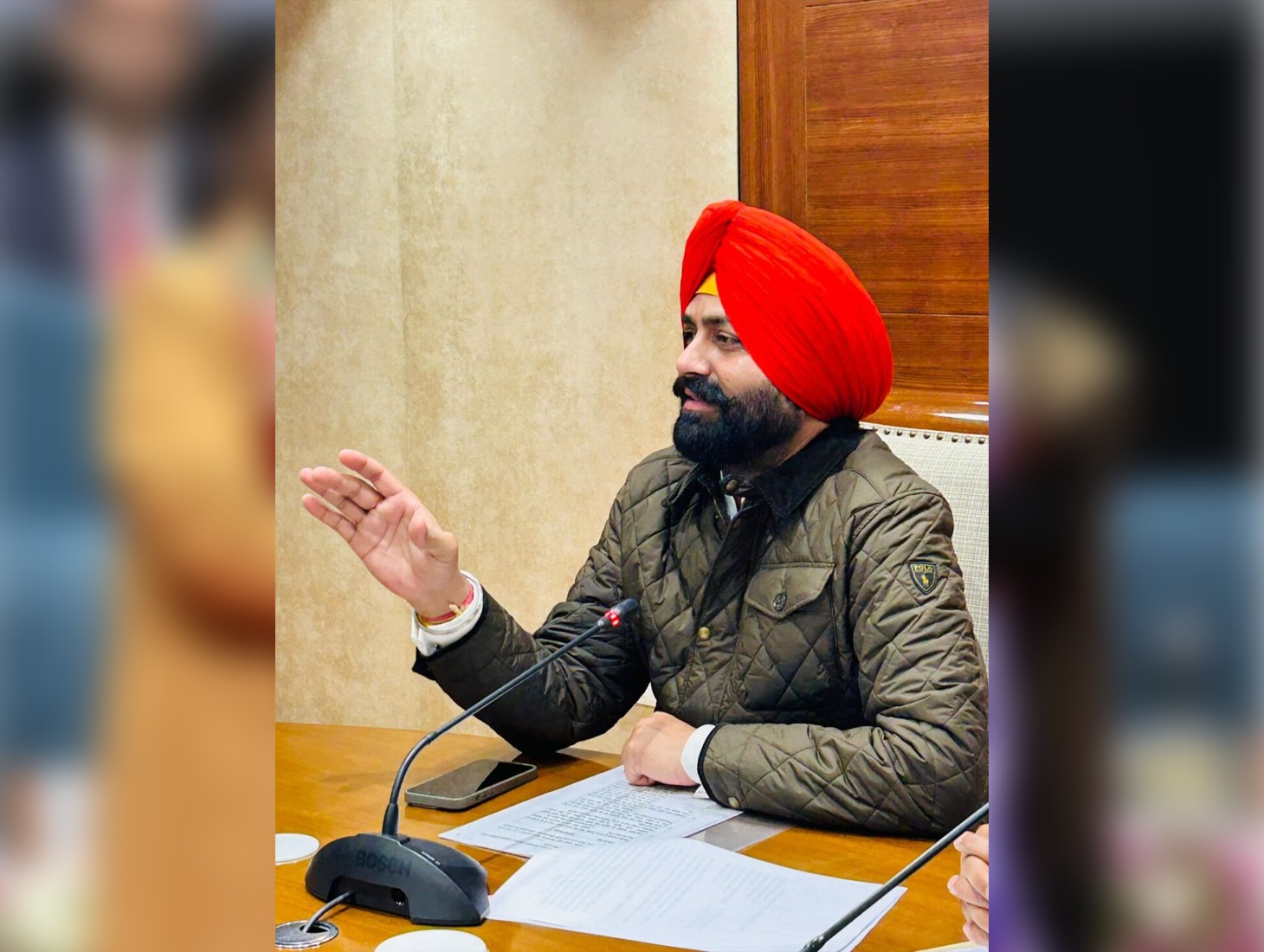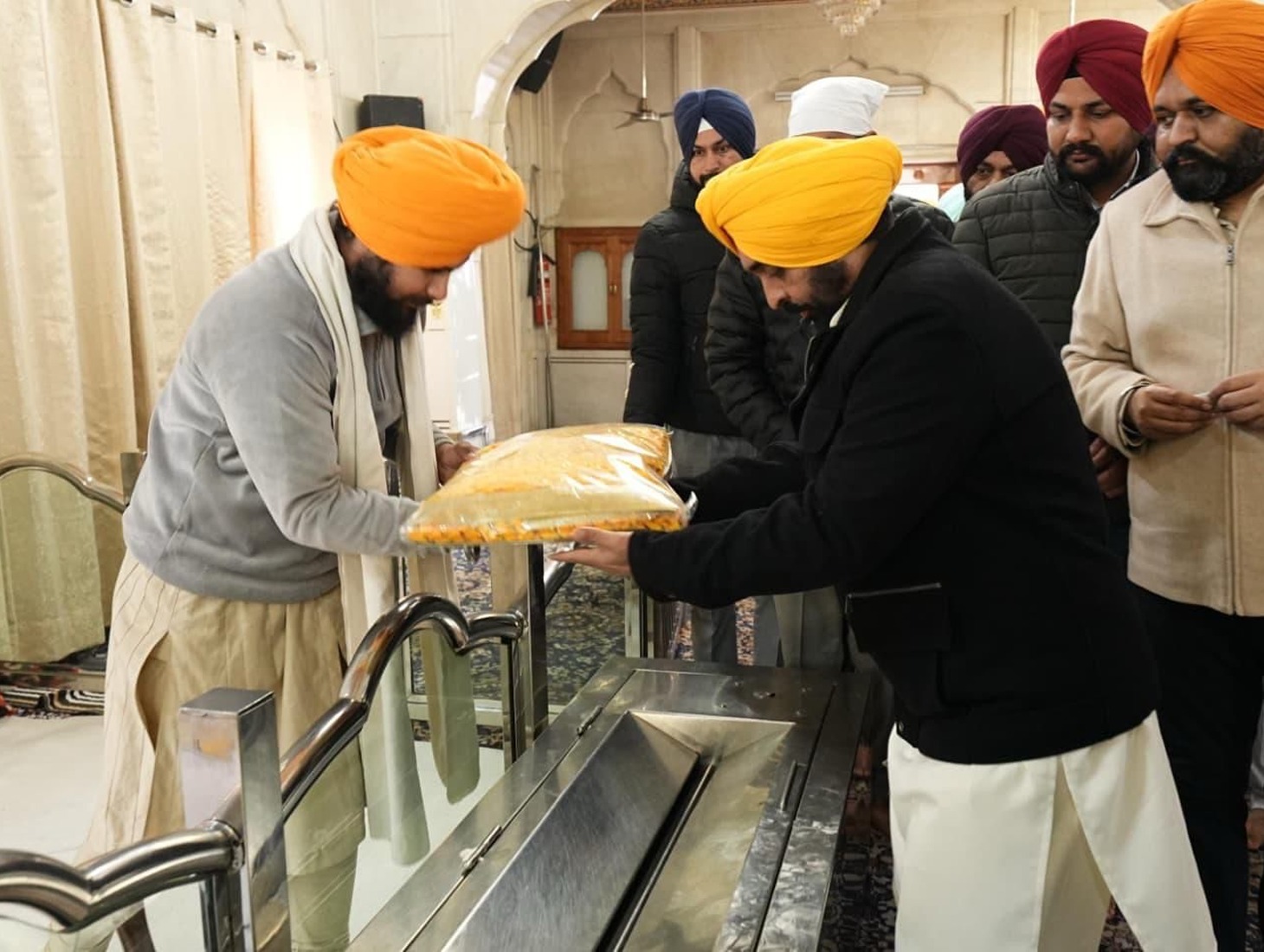North News
New Delhi, December 27
Widely regarded as the architect of India’s economic liberalisation, former Prime Minister Dr. Manmohan Singh, leaves behind a legacy of transformative leadership in both domestic and global arenas. Dr. Manmohan Singh, who served as India’s Prime Minister from 2004 to 2014, played a pivotal role in shaping the country’s foreign policy during a decade of significant change. His tenure is remembered for milestones such as the 2004 tsunami response, the 2005 Indo-US Nuclear Deal, and India’s active participation in global groupings like BRICS, G20, and the Shanghai Cooperation Organisation (SCO). His contributions laid the foundation for India’s rise as a prominent global player.
Born in Punjab in 1932, Dr. Manmohan Singh’s journey from academia to politics remains an inspiration. He retired from the Rajya Sabha earlier this year after an illustrious 33-year-long service. Known for his memorable quote in 2014, “I honestly believe that history will be kinder to me than the contemporary media,” his words resonate as leaders across political and international spectrums pay tribute to his contributions.
As Finance Minister in the early 1990s, Dr. Singh spearheaded reforms that opened up India’s economy, a move that continues to shape the nation’s growth trajectory. Known for his academic brilliance and humility, his tenure as Prime Minister saw the introduction of landmark economic and social welfare policies.
Dr. Manmohan Singh’s legacy extends to foreign relations, where his “Manmohan Doctrine” redefined India’s engagement with its neighbors and the world. Notable achievements include the 2011 Bangladesh visit, which reset bilateral ties, and strategic initiatives in Afghanistan, such as the construction of the Salma Dam and the Zaranj-Delaram Highway.
Dr. Singh played a pivotal role in multilateral diplomacy. He attended the first BRICS summit in Russia in 2009 and hosted the BRICS summit in 2012, solidifying the group as a pillar of the global order. He also emphasized regional integration through SAARC and was instrumental in establishing the South Asian University.
At the United Nations, Dr. Singh’s government championed reforms and successfully pushed for the establishment of the International Day of Non-Violence. Under his leadership, India became an observer at the SCO in 2005, laying the groundwork for full membership in 2017.
Dr. Manmohan Singh’s tenure wasn’t without challenges. Efforts to resolve the Teesta water-sharing pact with Bangladesh and strained ties with Maldives over the GMR contract cancellation tested his diplomatic acumen. Yet, his measured approach and focus on connectivity and cooperation defined his foreign policy.
Dr. Manmohan Singh will be remembered as a visionary leader who reshaped India’s economic and geopolitical narrative. His passing marks the end of an era, but his legacy will endure as a cornerstone of modern India.


